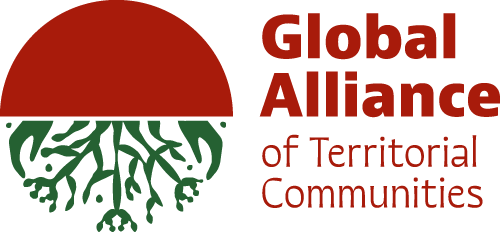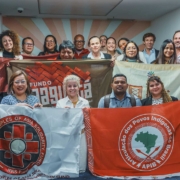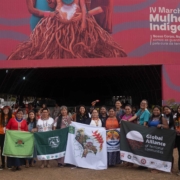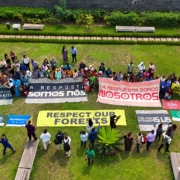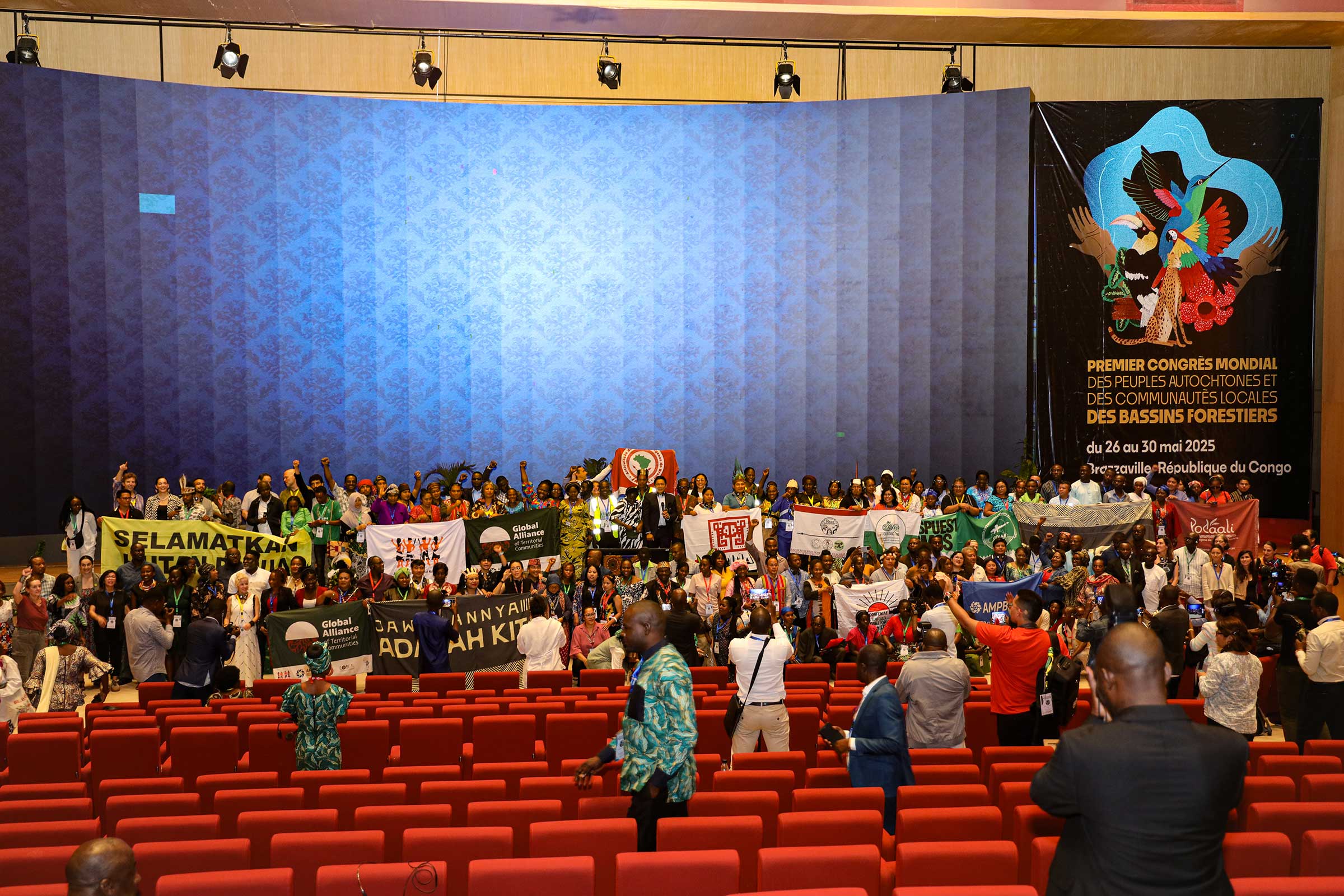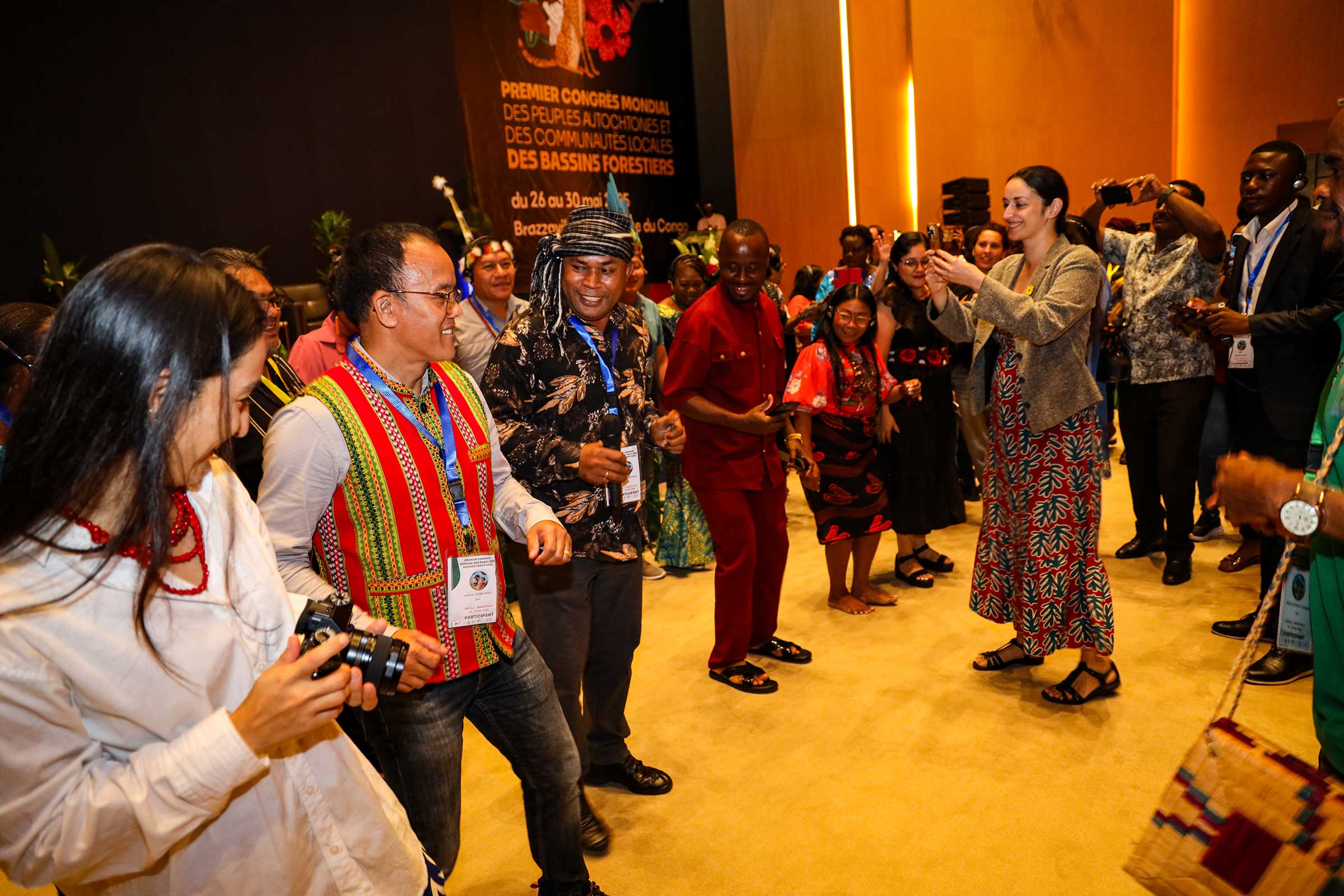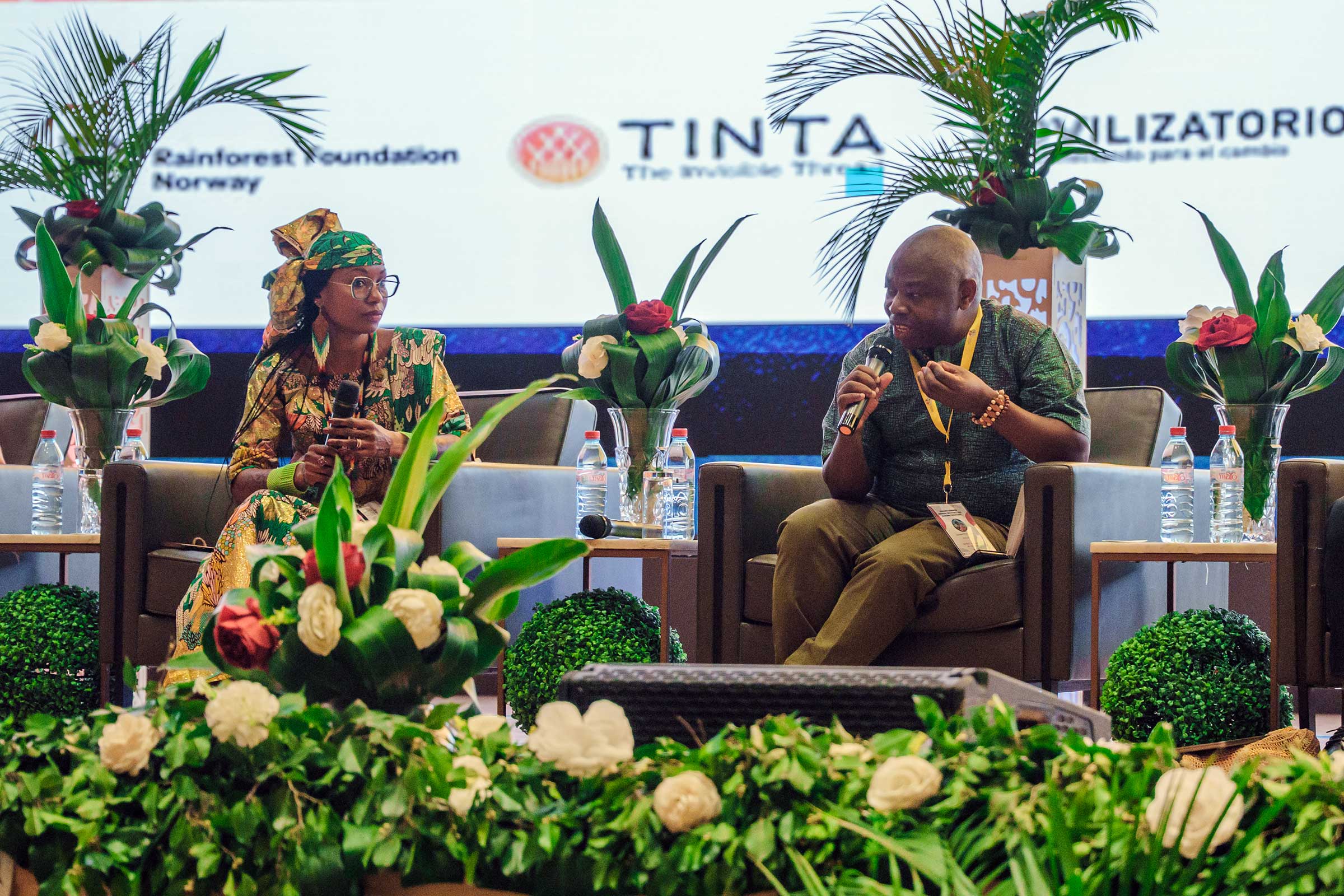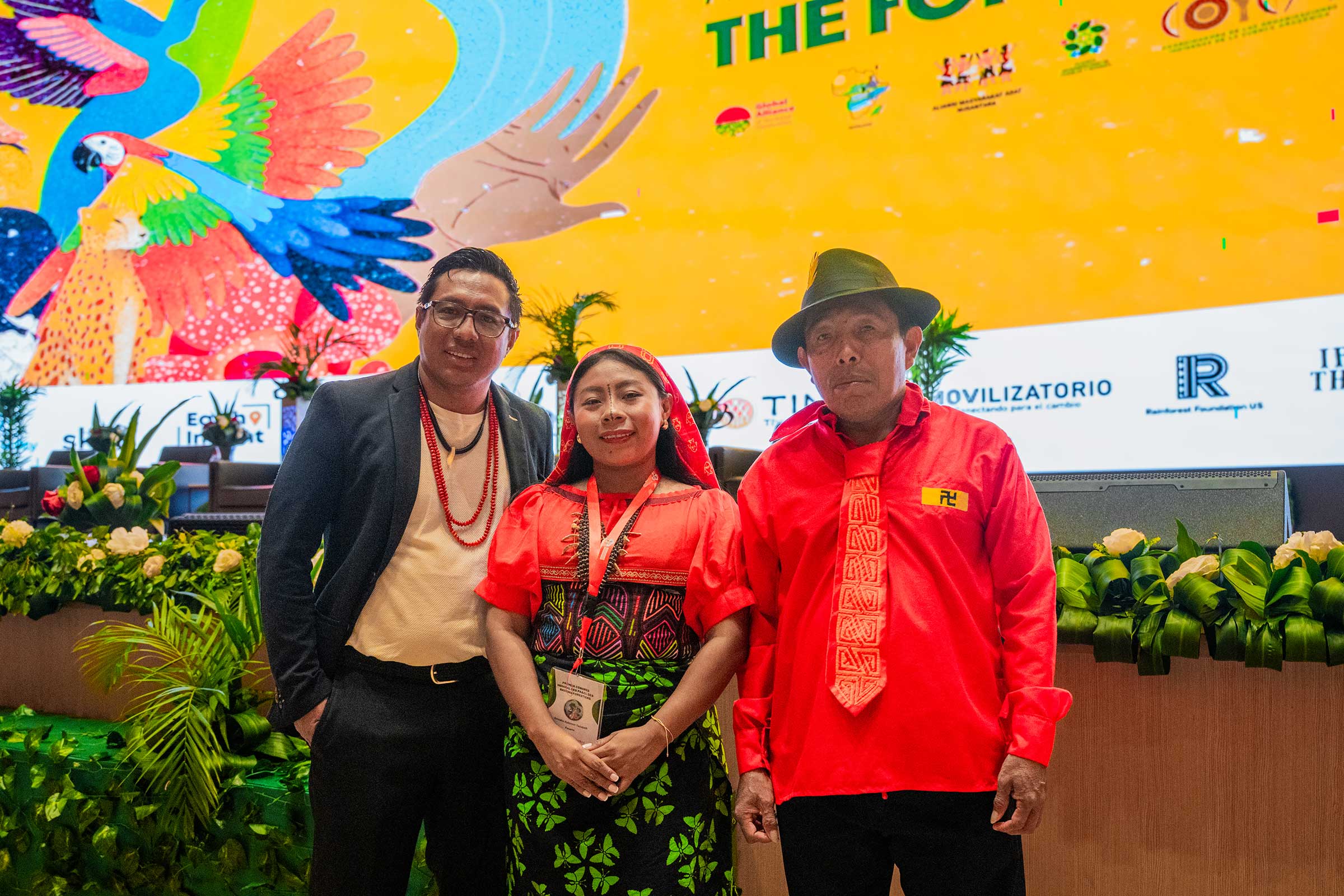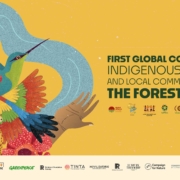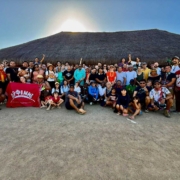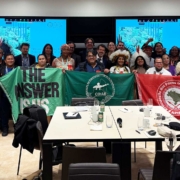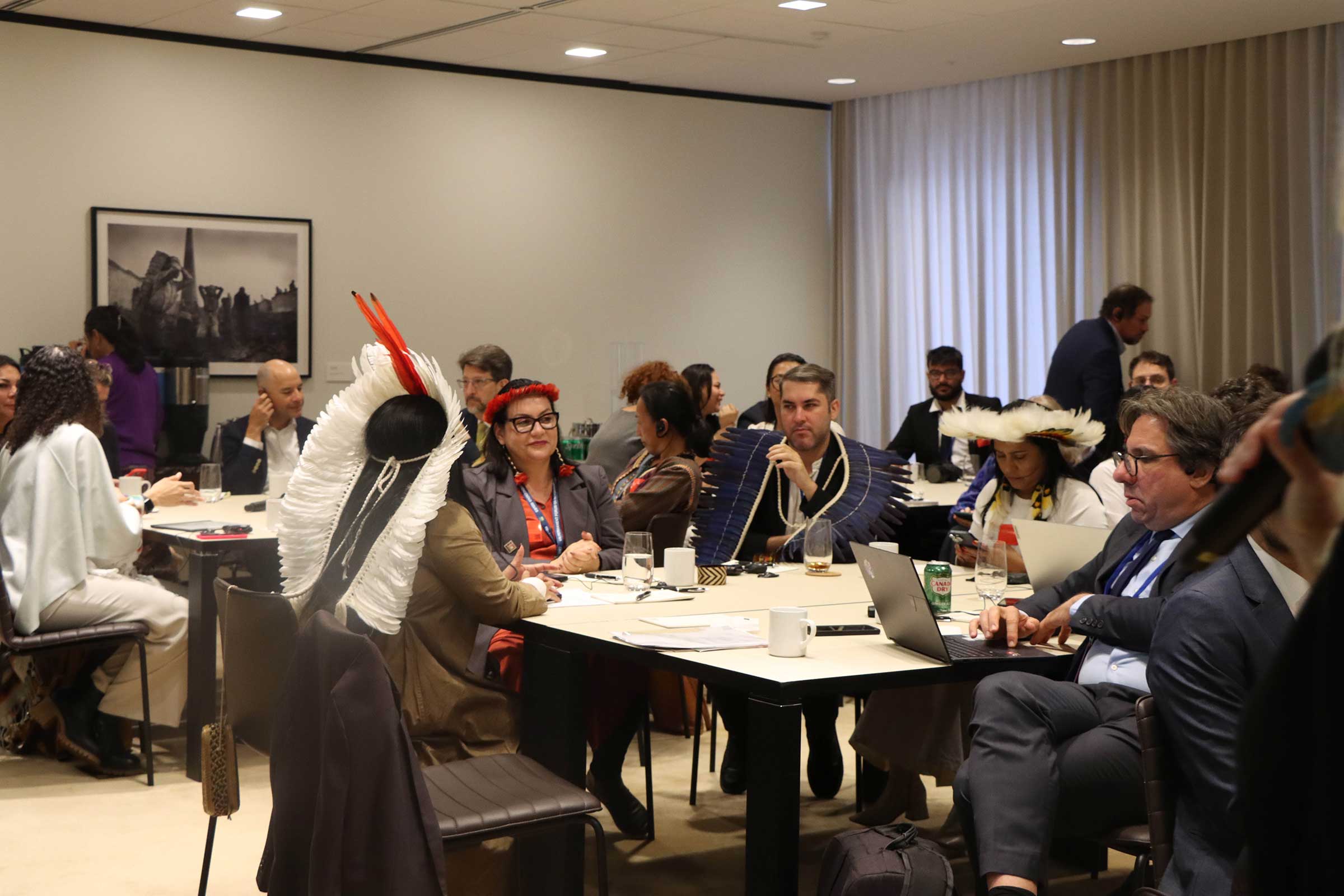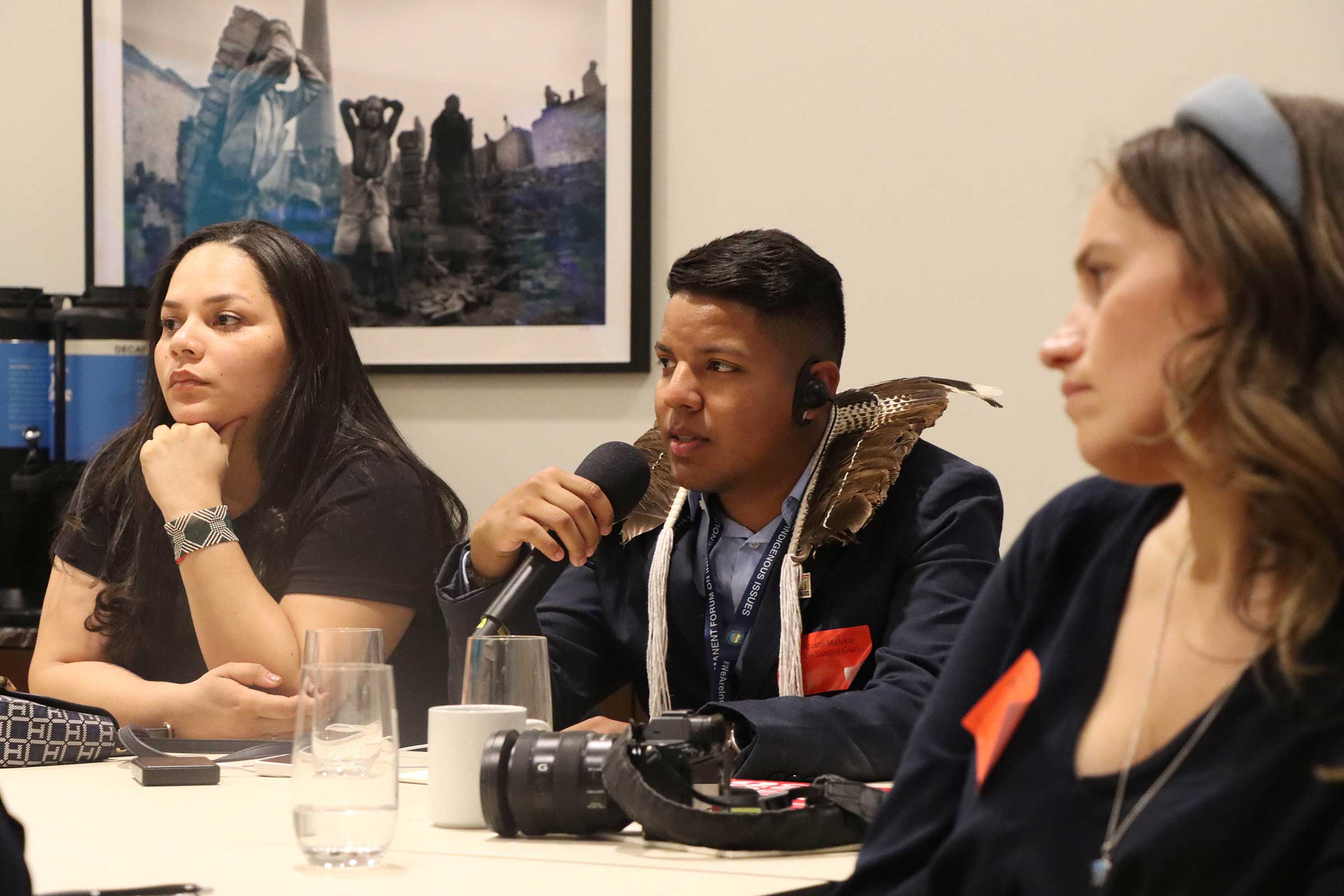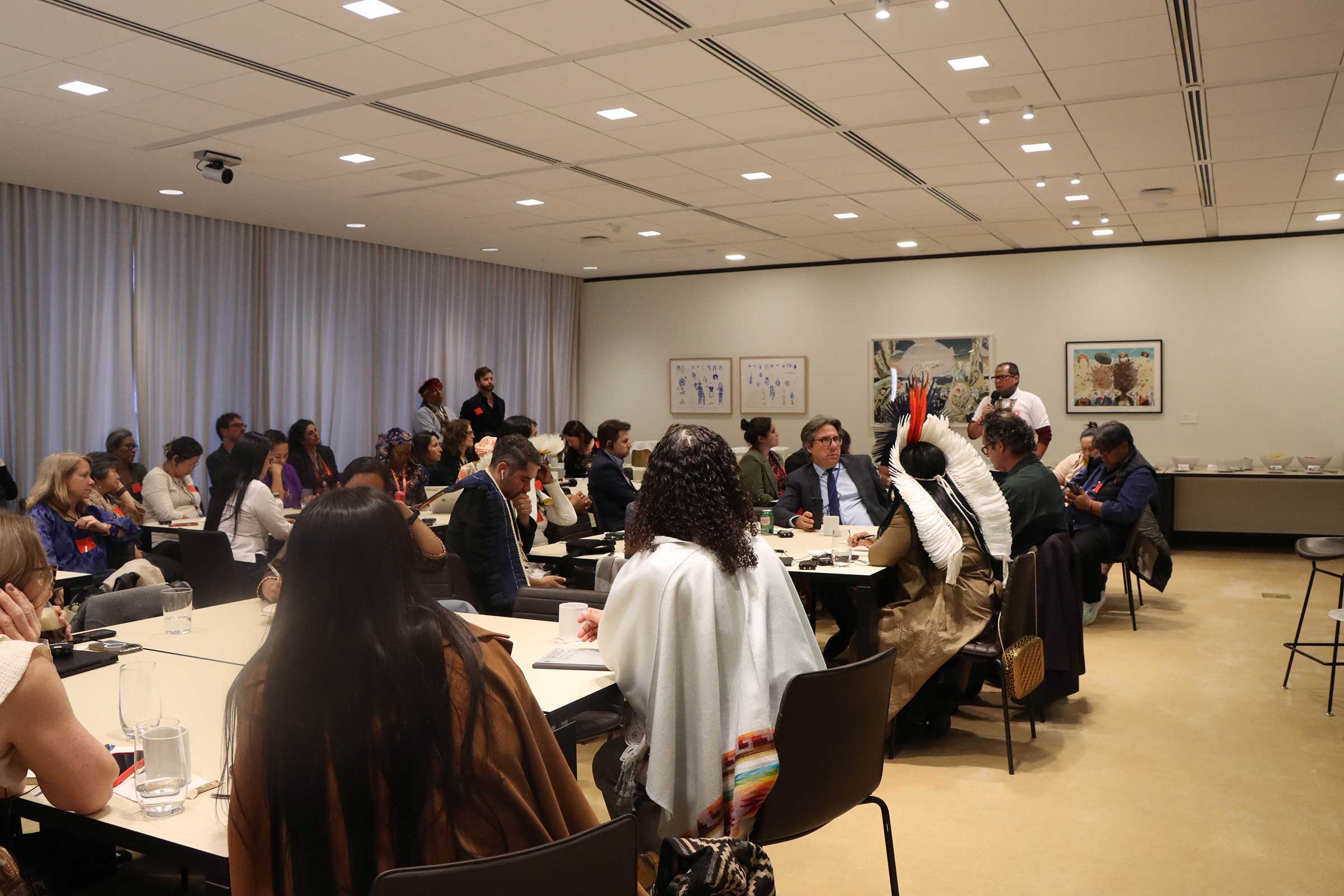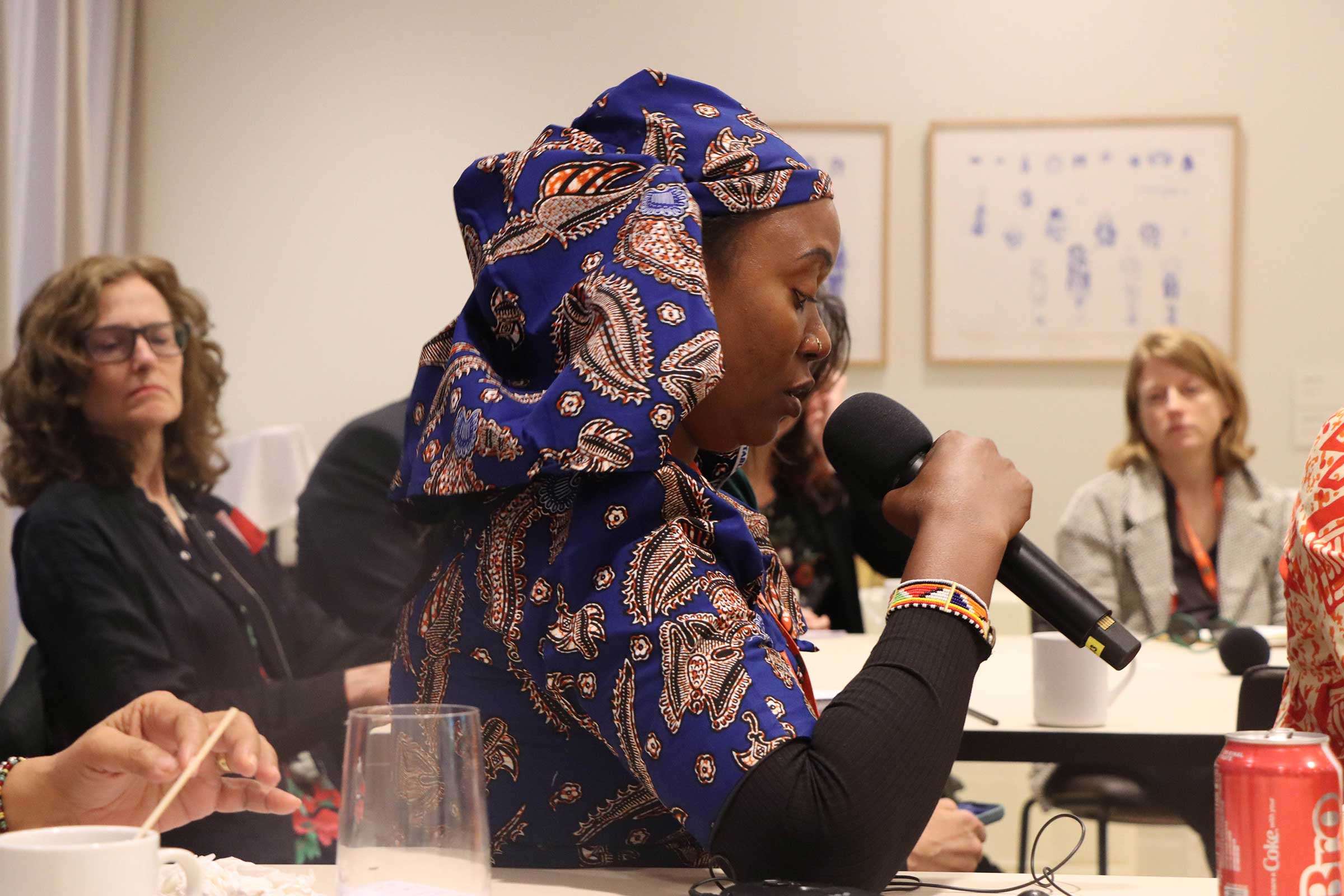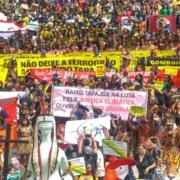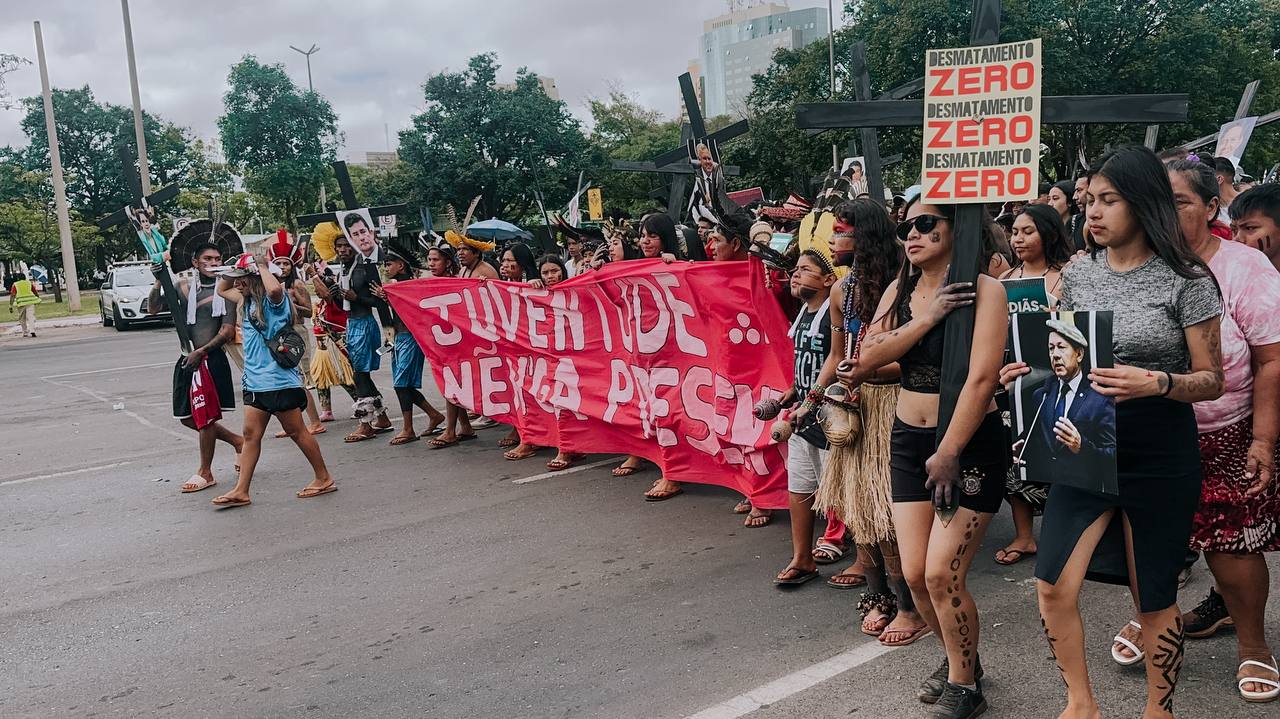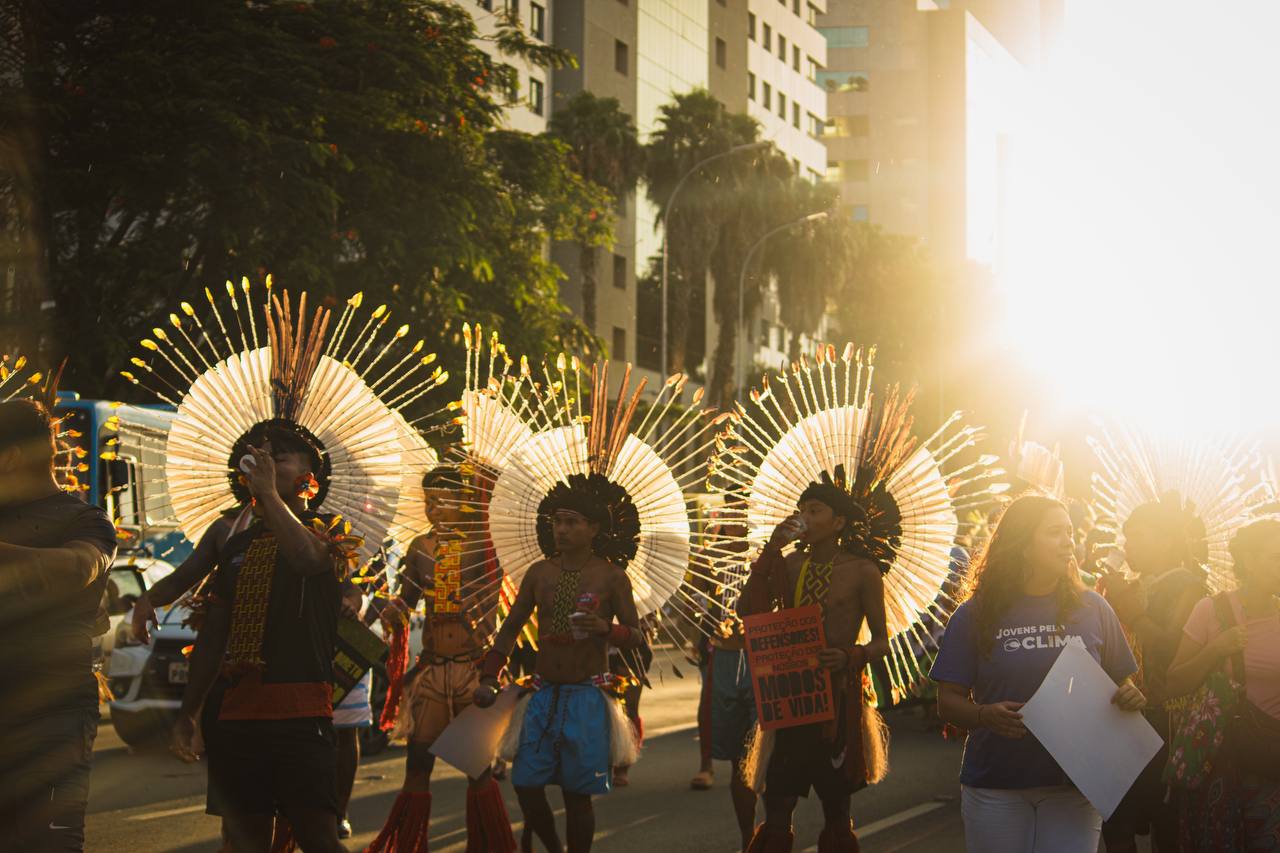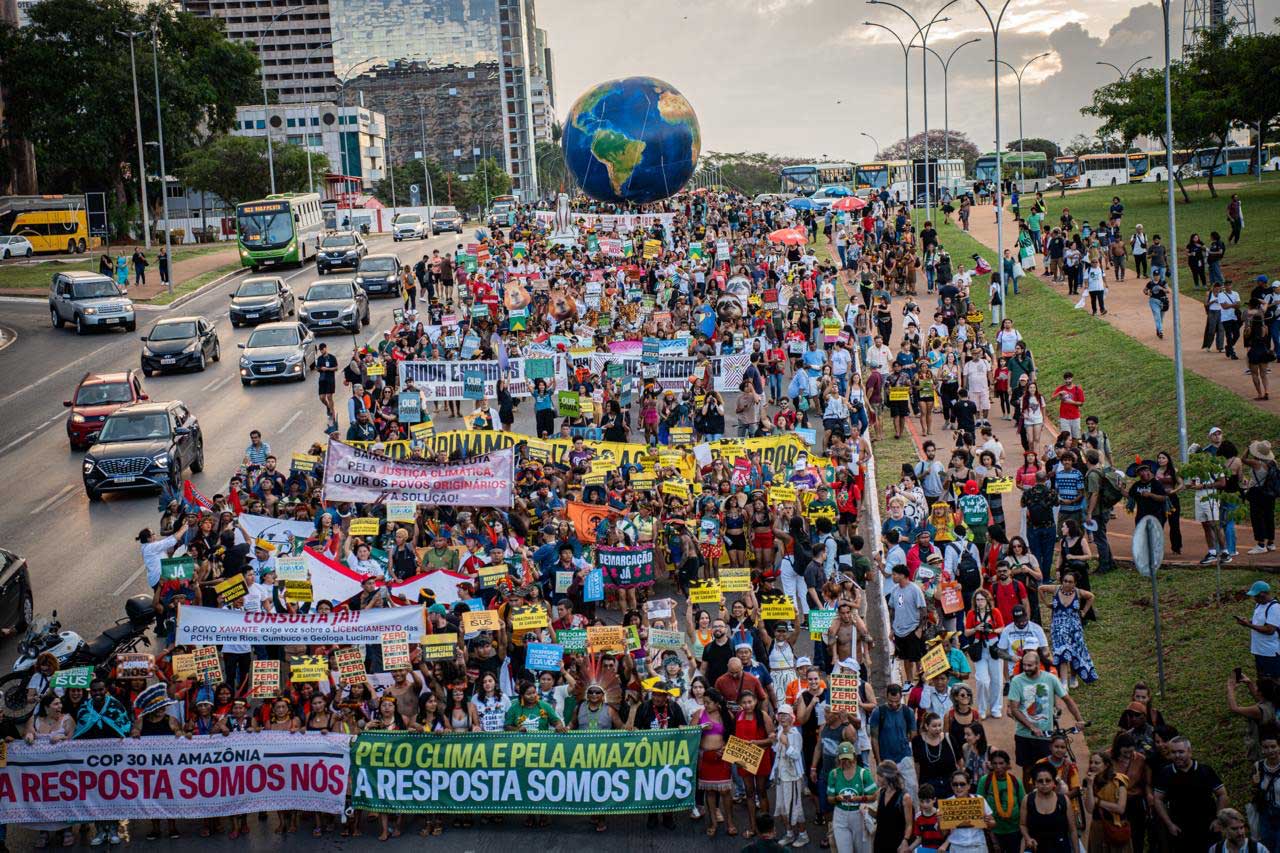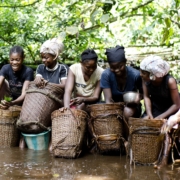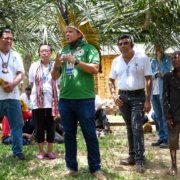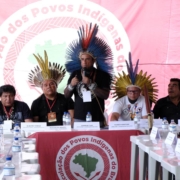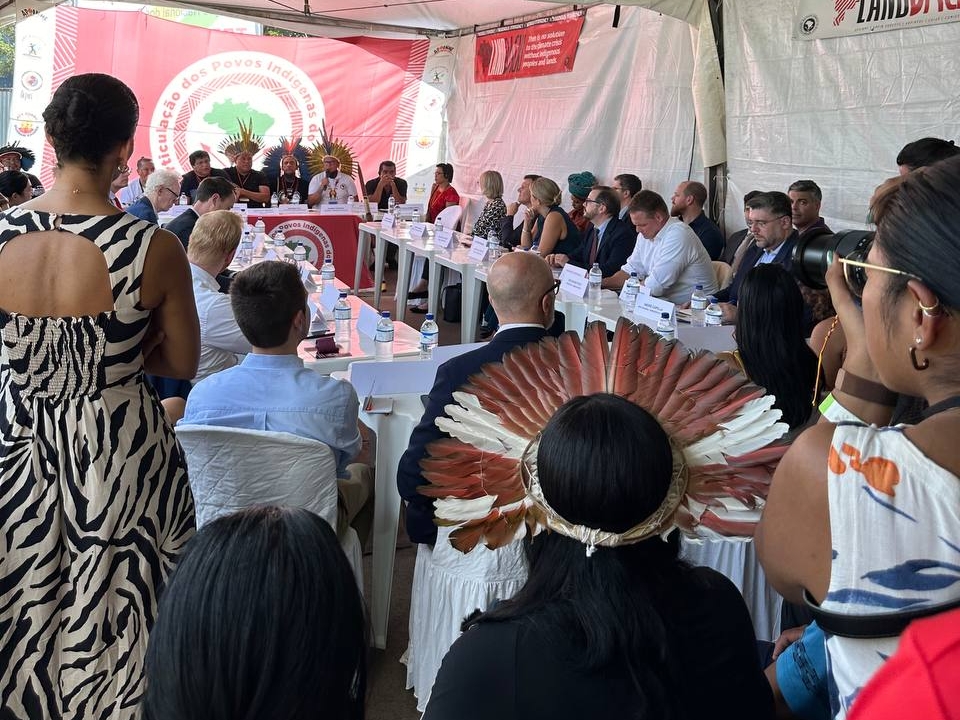Public statement on the results of GATC’s collective advocacy in the TFFF 3.0
The Brazilian government recently launched the proposal for the Tropical Forest Forever Facility (TFFF) in its Concept Note 3.0. We at the Global Alliance of Territorial Communities (GATC) endorse this new version as a direct result of the collective struggle of Indigenous Peoples and Local Communities (IP’s and LC’s) for fair and direct access to climate finance resources, acknowledging all the changes that have taken place since the fund was first announced in 2023.
The guarantee that a minimum of 20% of results-based payments from the TFFF will be channeled directly to frontline forest defenders represents an historic victory that consolidates the leading role of our peoples in addressing the climate crisis. Additionally , the inclusion of an exclusion list for fossil fuels in Note 3.0 responds to a central demand of our organizations, reaffirming the urgency of preventing the TFFF from becoming a new mechanism of territorial destruction.
We have been closely monitoring the TFFF since its first announcements at COP-28 in Dubai. However, it was not until October 2024 that we were officially invited to discuss the possibility of including a minimum of 20% of resources for Indigenous Peoples and Local Communities as part of the fund’s operation. Since February 2025, we have chosen to collaborate with the Government of Brazil, the World Bank, and the TFFF Secretariat in co-designing the so-called Direct Allocation of Financing (IP’s and LC’ DAF), based on an intense collective journey. We held side events at the UN, technical workshops, weekly meetings with the core team, face-to-face meetings of the Global Steering Committee in Brazzaville and London, and a conversation with over 400 participants at the Forest Basin Congress.
The proposal, developed by many hands, contemplates the leading role of IP’s and LC’s in all decisions regarding the use of resources at the national level, through national steering committees and freely chosen implementing agencies, enabling resources to reach our organizations and territorial funds. Our decision to participate in the co-design of the DAF was in line with our commitment to transforming the architecture of climate and biodiversity financing, so that we are truly acknowledged as the guardians of our territories.
Although not all our proposals were accepted—such as the requirement for IP’s and LC’s seats on the TFFF and TFIF Boards of Directors—we recognize the progress in the creation of a Global Advisory Committee and will continue to mobilize to ensure that the fund’s governance truly reflects the principles of participation, equity, and autonomy.
We acknowledge our victories, but we remain vigilant. Now is the time to put the TFFF into action and, at the same time, guarantee the necessary resources for the fund implementing national structures in tropical forest countries that ensure our full and effective participation in inclusive steering committees, legitimate implementing agencies, and culturally appropriate monitoring mechanisms. We reaffirm our commitment to socio-environmental integrity and reiterate our demand that no TFIF resources be allocated to oil, gas, or mining—a red line reaffirmed in all our spaces.
Finally, we call on our allies in civil society, communications, and international cooperation to support the next step: building a robust process of national dialogue and advocacy, led by our Indigenous Peoples and Local Communities , to ensure the effective implementation of everything that has been achieved so far.
We know that tropical countries still have a long way to go to establish a truly respectful relationship with us —whether in building inclusive governance structures or in guaranteeing our human and territorial rights. We therefore call on governments and our allies to actively engage in this process, as well as in improving the monitoring systems for forests, other ecosystems, and our territories.
Similarly, it is essential to advocate for the resources already allocated to countries to be directed to this new direct financing mechanism, strengthening public policies that truly protect our territories and rights.
The answer is us. The answer is all of us, including you.
